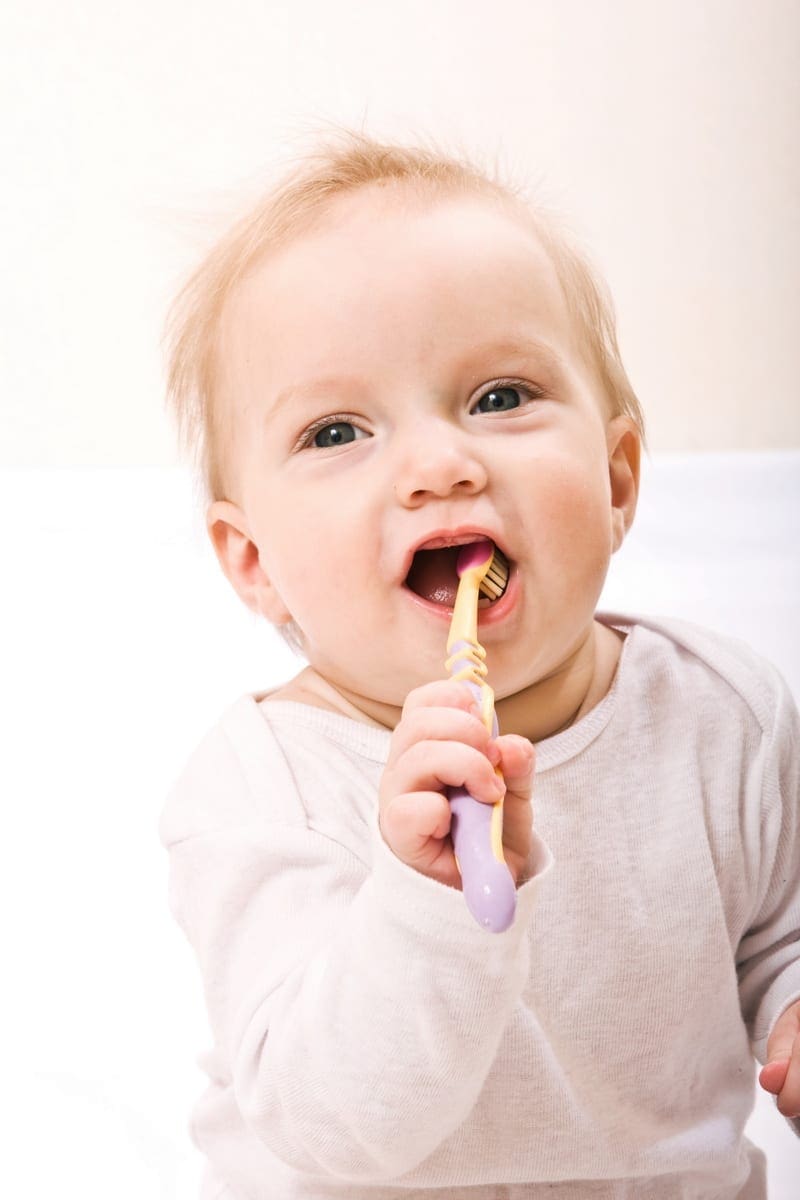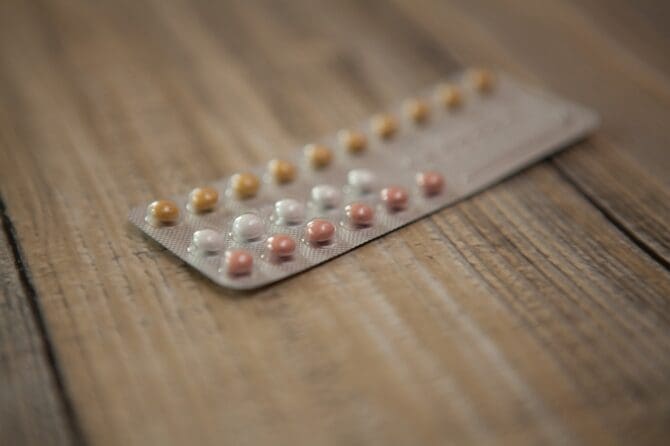Anemia is a condition where the number of red blood cells is reduced. This means that both you and your baby get less oxygen. This condition is unfortunately quite common in the United States, with about 3.5 million people being affected by it. Women and people who suffer from chronic diseases are unfortunately more at risk of developing anemia.
Anemia is a very common pregnancy complication, and if you are suffering from anemia, it is important to get a diagnosis as early as possible.
Anemia comes in many different forms, which can be distinguished by their varying causes and treatments. The most common type of anemia, iron-deficiency anemia, can be treated effectively with dietary changes and iron supplements. Some forms of anemia, such as the anemia that often develops during pregnancy, are considered to be normal. However, other types of anemia may cause lifelong health problems.
Iron deficiency anemia is a type of anemia that occurs when there is not enough iron in the blood. Iron is an important component of hemoglobin, the part of red blood cells that carries oxygen.
Approximately 20% of pregnant women have anemia, which is caused by a deficiency in iron. This can happen when the body starts to make blood at a faster pace to support the growing baby. During pregnancy, almost 50% of the body’s blood is needed to support the fetus. As a result, sometimes the need for iron is greater than what’s stored in the body already.
You may be at a higher risk for developing anemia during your pregnancy if you:
– Have had two pregnancies close together
– Are pregnant with more than one child
– Are vomiting frequently due to morning sickness
– Do not consume enough iron
– Have a heavy pre-pregnancy menstrual flow
Anemia is a blood disorder that many pregnant women experience, although it can occur in non-pregnant individuals as well. If you are pregnant and think you may have anemia, it is important to speak with your doctor to get a diagnosis. Some symptoms of anemia are also indicative of other conditions, so it is best to get checked out by a professional. Some common symptoms of anemia are:
– Feeling tired or weak
– Progressive paleness of the skin
– Rapid heartbeat
– Shortness of breath
– Trouble concentrating
There are a few main causes of anemia. Without enough iron and folate in one’s diet, red blood cells are not working as hard as they should be. This results in blood loss.
How Will I Know if I am Anemic?
For the majority of cases, women are unaware that they are anemic. Anemia is a common condition, thus doctors and midwives will often times check for it during the first prenatal visit. They may repeat the test later on down the road, usually around the 28th week of pregnancy. If the woman is anemic, they may repeat the test.
The most common symptom of anemia is excessive tiredness. However, if anemia is severe, women may also experience dizziness, fainting, fast or irregular heartbeat, pale skin or shortness of breath.
If you’re looking to prevent anemia, here are some dietary suggestions:
– Eat plenty of iron-rich foods such as meat, chicken, fish, eggs and dried beans. Fortified grains are also a good option. The form of iron found in meat (heme) is easier for the body to absorb than the iron in vegetables. So if you’re anemic and typically eat meat, upping your intake is an effective way to increase the amount of iron your body receives.
– Eat foods that are high in folic acid, such as dried beans, dark green leafy vegetables, wheat germ and orange juice. Vitamin C is important for pregnant women, so eat foods that are high in vitamin C, such as citrus fruits and fresh, raw vegetables.
– Cooking with cast iron pots can also help increase the amount of iron in your diet.
– Make sure to take your prenatal vitamin and mineral pill, which contains extra folate, to help you get the nutrients you need during your pregnancy.











